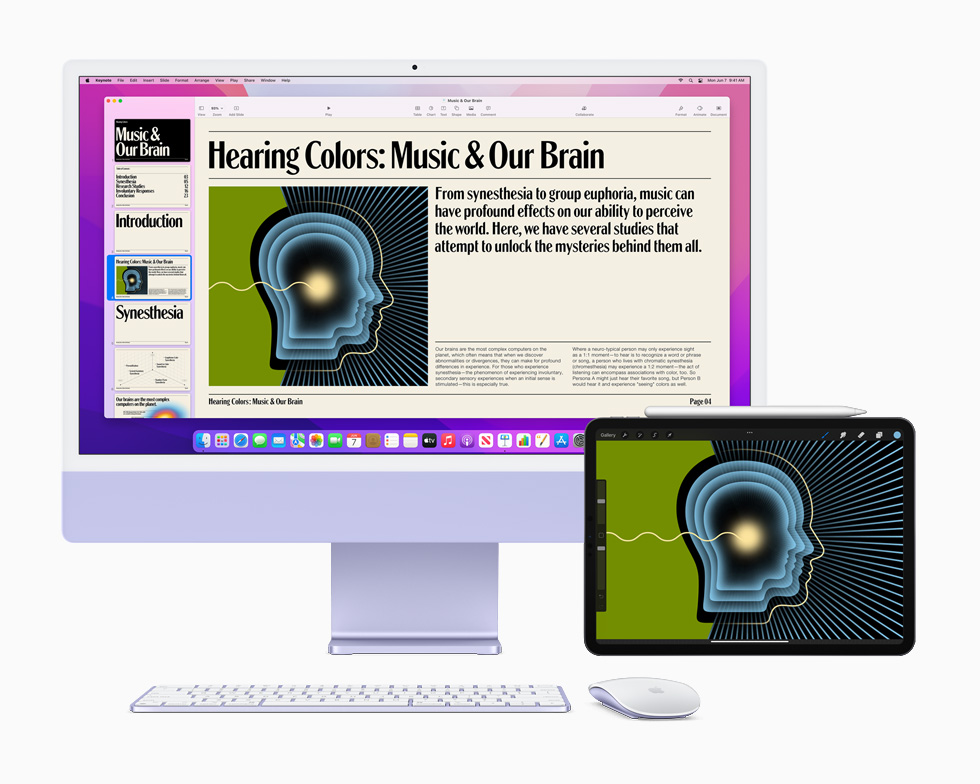

Apple today seeded a new beta of macOS 12 Monterey to public beta testers. The new beta comes one day after the release of the sixth macOS Monterey developer beta.
Registered Public Beta Testers can download and install the new macOS 12 Monterey beta through the Software Update mechanism in System Preferences after installing the proper profile.
Mac users who want to be a part of Apple’s beta testing program can sign up to participate on the Apple Beta Software Program website, which gives users access to iOS, macOS, watchOS, and tvOS betas
As usual, MacTrast and Apple both warn users to not install any betas on their daily driver Mac, instead only install betas on devices set aside for testing purposes.
macOS 12 Monterey brings Shortcuts to the Mac, an updated Safari web browser, AirPlay to the Mac, and much more.
Safari offers a new browsing experience with a new tab design that allows users to see more of the page as they scroll. A new tab bar takes on the color of the webpage and combines tabs, the toolbar, and the search field into a single compact design.
Tab Groups offer a new way to easily save and manage tabs — great for planning trips, shopping, or storing the tabs users visit daily. Tab Groups also sync across Mac, iPhone, and iPad, so users can continue their project from anywhere and easily share tabs with friends and family.
Shortcuts on the Mac allows users to automate everyday tasks and improve productivity. Just like on iPhone and iPad, Shortcuts on Mac lets users quickly accomplish tasks with the apps they use the most.
With a gallery of pre-built actions designed just for Mac, users can instantly share files, make animated GIFs, and more. Power users looking to take things further can use the Shortcuts Editor on Mac to customize shortcuts to match their workflows. Shortcuts is integrated throughout macOS, including the menu bar, Finder, Spotlight, and even hands-free with Siri — making it easy to run shortcuts no matter which app the user is in. Users can easily import existing Automator workflows into Shortcuts and be up and running right away.
New features in Notes help users stay organized, collaborate, and create notes from anywhere. Quick Note is a new way for users to jot down notes on any app or website systemwide, making it easy to capture thoughts and ideas wherever inspiration strikes. Users can also add links from an app to their Quick Note to create context, even on a website in Safari or an address in Maps. As users work through projects in Notes with friends or colleagues, they can add mentions, see everyone’s edits in the new Activity View, and categorize their Notes with tags to quickly and easily find them in the new Tag Browser and in tag-based Smart Folders.
Focus allows Mac users to automatically filter out notifications unrelated to their current activity. Users can signal their status to let others know when they are focusing and not available. When a user has Focus set on one device, it automatically sets across their other devices and can be customized based on their current activity — whether they are preparing for a presentation or wrapping up an assignment for school.
AirPlay to Mac allows users to share anything on their iPhone or iPad directly to a Mac display. Mac speakers can be used as an AirPlay speaker as well.
Universal Control allows users to work with a single mouse and keyboard, or trackpad on their Mac and iPad simultaneously. Users can able to drag their mac’s mouse seamlessly over to an iPad, allowing them to drag and drop content back and forth between devices.
Notes offers new features, including Quick Note, which allows users to jot down notes on any app or website systemwide. Collaborative notes offer more features now, adding mentions, and a new Activity View shows all of the edits that have been made to a shared note.
FaceTime now offers spatial audio, making voices in a FaceTime call sound like they are coming from where the person is positioned on the screen. Voice Isolation ensures the user’s voice is crystal clear and uses machine learning to eliminate background noise, while Wide Spectrum allows all the sound in the area to come through so participants can hear everything.
Portrait mode uses the Neural Engine in the M1 chip to blur the user’s background, and a new Grid View shows participants in same-sized tiles.